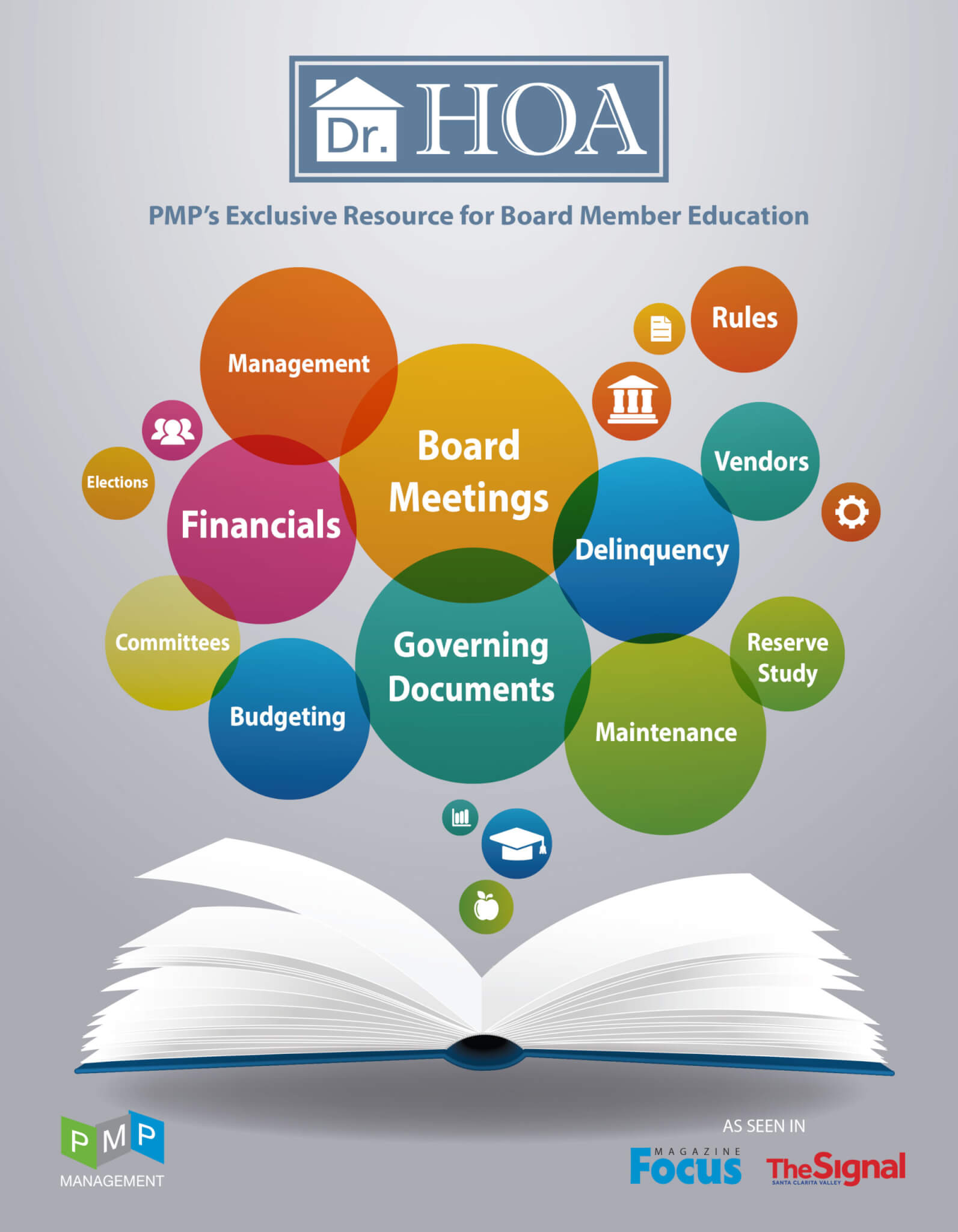It Takes a Team! Five Traits of Truly Successful Associations

Association Board Members are the Directors of the corporation. They are the corporation’s leaders, and with any successful corporation, strong leadership is paramount. We have all seen the ramifications of poor leadership on otherwise successful corporations. While Associations may be non-profit corporations, they function much like for profit corporations, and strong leadership and teamwork is essential to ensure a high-functioning corporation that is able to effectively meet its obligations.
When evaluating the effectiveness of each of our Association clients, five similar Board Member traits and characteristics are common for truly high-functioning and effective Associations:
Foundation of Respect
Successful partnerships are respectful partnerships. A culture of mutual respect is essential for a corporation to be successful. Respect for Association members (residents), respect for corporation vendors and respect for fellow Board Members is the foundation of a successful corporation. If the element of respect is missing, nothing else matters. Without mutual respect for all stakeholders, your Association will never be a truly successful corporation, and respect starts with each individual Board Member. After all, Board Members are the leaders of the corporation, and should lead by example.
Blameless Problem Solving
The ability to practice blameless problem solving is an important trait of truly successful leaders. All too often leaders waste critical time and resources trying to assign blame and point fingers as to why something was or was not done, or done incorrectly. The fact of the matter is, assigning blame is a total waste of time. It delays a resolution, creates a culture of defensiveness, and undermines the corporation’s foundation of mutual respect. Who’s to blame doesn’t matter. Focus on a resolution and implement policies and procedures to ensure the same mistake doesn’t happen again. I often witness Board Members blame past Boards or past vendors. Such behavior is counterproductive, a waste of time, and undermines a respectful, productive work environment.
Selfless Leadership
It is absolutely critical that those who serve on the Board of Directors have a genuine desire to do what is best for the Association as a whole, avoiding self-interests and personal agendas. Over the years I have learned to identify those who join Boards to pursue personal agendas. They usually pursue aggressive tactics focused on blaming past Board Members, they take vendor contracts out to bid without a clear understanding of the vendor’s scope of service or directives of past Directors, and they assume an authoritarian role towards fellow Board Members and vendors. These Board Members tend to have a few pointed, self-serving agenda items they are focused on, which are not always in the Association’s best interest. It goes without saying that these are not attributes of a successful leader, nor will they ensure a foundation of respect required to be a truly successful Association. In fact, such self serving Board Members with personal agendas can do irreparable harm to Association for years to come. Association Board Members should focus on polices, procedures and operational decisions that benefit the Association as a whole, even if some decisions are not necessarily in the best interest of an individual Board Member.
Strong Vendor Partnerships
Overseeing the operations of a truly successful Association requires a team of dedicated professionals. While strong leadership is essential, solid vendor partnerships are also critical. After all, Association Board Members are volunteers. Being a Board Member is not meant to be a full-time job, so vendor partnerships are essential to execute on the operational responsibilities of the Association. From your Association’s management firm to your landscaper, pool vendor, and janitorial team, strong vendor partnerships are a critical recipe for success. While vendors work at the direction of the Board of Directors, they work at the pleasure of the corporation and its members. Board Members should make every effort to ensure that vendors understand their respective roles and expectations, that they are supported, and that they have the tools to be successful. Boards should review their vendor relationships annually and schedule a mutually beneficial in-person review each year, whereby the vendor is able to share their feedback and Board can do the same.
Professional Discourse and Conduct
Board Members, as leaders of the corporation, should practice professional discourse and conduct at all times. After all, Association Board Members have the same fiduciary obligations and duties as the Board Members of Fortune 500 corporations. Be honest, be respectful, and be an example of what you expect from your corporation’s stakeholders. Be humble, rely on experts as necessary, and ensure you’re following the business judgement rule to protect not only the corporation, but also yourself from personal liability exposure. Engage your fellow Board Members to ensure everyone has the opportunity to participate. Be courteous to residents attending Board Meetings, and require the same of attendees. As a leader, you set the example.
The primary responsibility of an Association and its Board is to protect the value and integrity of the corporation and its assets by enforcing the Association’s governing documents and overseeing its operations. Truly high-functioning and successful Associations are governed by strong leaders who build and nurture partnerships, practice blameless problem solving, and value a mutually respectful, professional and productive work environment. I challenge Association Boards to reflect on their leadership style and ask whether they embrace the traits of a truly high-functioning and successful Association.
Questions, feedback and suggestions for future topics can be submitted to: